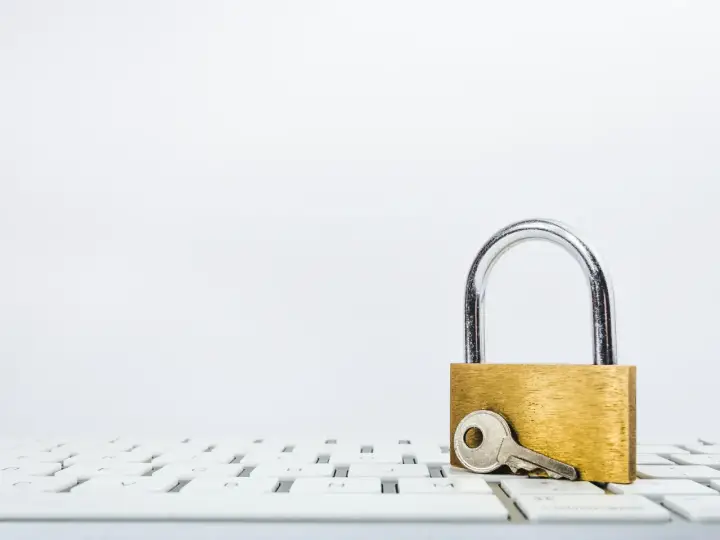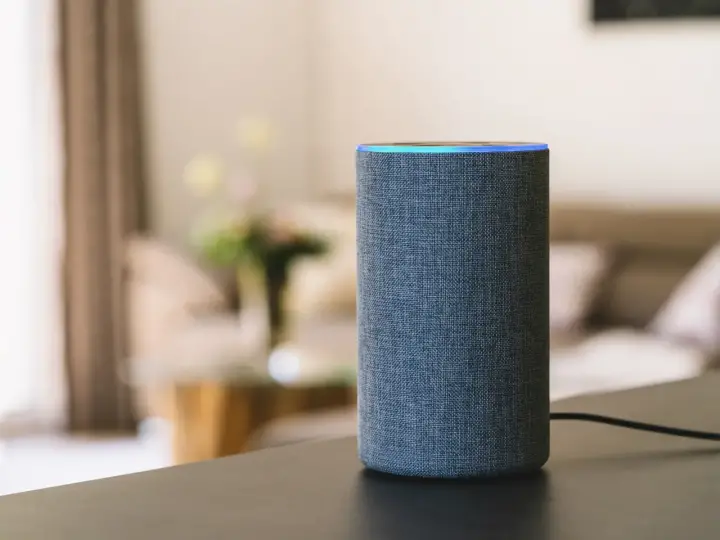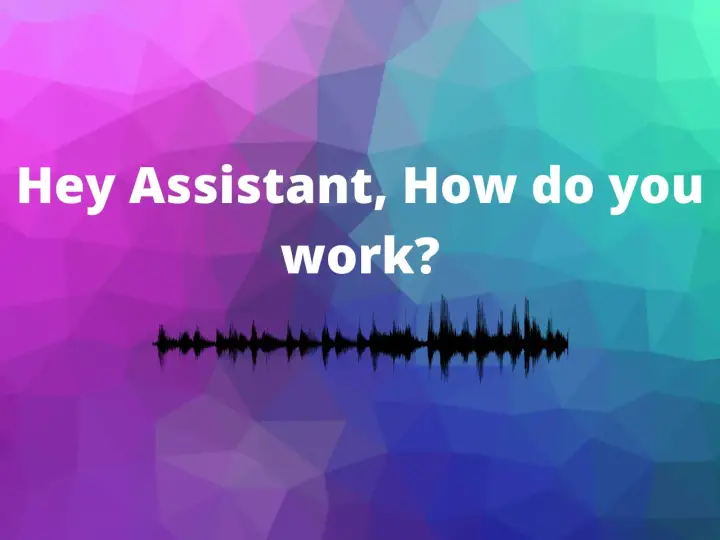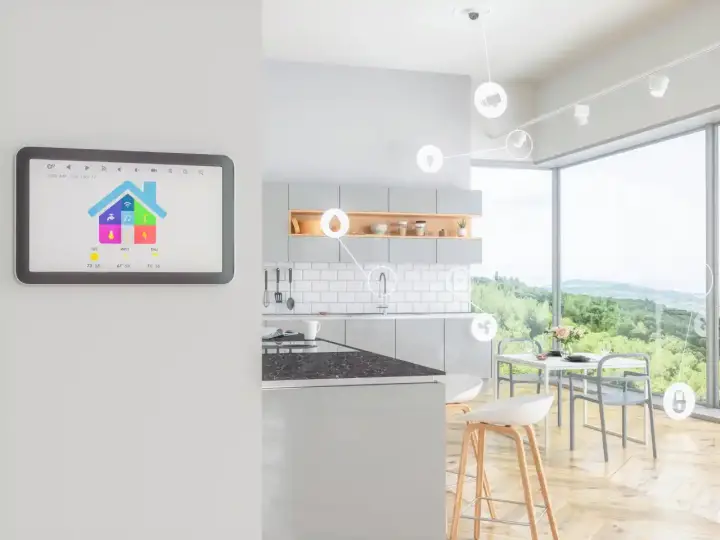The 3 Most Common Smart Home Privacy Concerns - Solved!
Updated on 2nd May 2021 17:47 in General, Smart
There was a time when technology like the internet or smartphones were new and exciting, leading people to give little thought to their privacy. Since then, the landscape has changed, though, resulting in a world where services are provided for free in exchange for valuable personal information. In many ways, this practice has become widely accepted and is already present in most of our lives. Your next question is likely about smart home technology and if they are also involved with this practice. The short answer is maybe, but it depends on what kind of devices you buy.

Table of Contents
Privacy concerns with smart homes
To start, there are an insane number of ways your privacy could be compromised by smart home technology. The reason is simple: these devices are close to you and are being used in all aspects of daily life. Consider a smart garage door opener. You leave for work in the morning and open the door, exit, then close the door. Later, you do the same on your way back, which allows the device to infer when you are at home and when you are away. This information could be used to plan a robbery or even just sell you something more effectively.
Companies all over the world want to sell you something - it's how they stay alive. Combine that with the fact that there are an unfathomable number of companies, and you get a competition where everyone wants an edge. Having information about your daily life is a massive advantage as it allows sellers to better optimise their sales tactics. As such, it's really no surprise that this data is highly valuable. Advertising rates are significantly higher when the provider can deliver the ad directly to the target demographic, which is why advertising companies are encouraging data collection.
We shouldn't forget that there is a second source of trouble in this space: the government. Obviously, there is a lot of variation from country to country in terms of how much this can be a problem. The point is that a device in your home that is recording sensitive information could eventually end up in the hands of enforcement agencies. Depending on specific political situations, this could be really bad. If you have any doubts someone is watching you, there is no reason to make it easier by using cloud-connected smart devices. Instead, you should try to use an offline system like Zigbee or Z-Wave.
Smart Speakers: are they listening?
If you've ever read George Orwell's 1984, you are fully aware of how people are kept in check with televisions that have cameras and microphones. In the book, people were forced to have such a device in their homes and public places and workplaces, ensuring everyone could be watched. Compare this to real life, where such devices are being voluntarily installed into countless homes. A smart speaker is a device that closely resembles a normal speaker used to listen to music while also integrating a microphone. This difference allows an integrated voice assistant to listen for certain phrases that will be interpreted as commands.
Common uses of such a thing include setting timers, turning lights on and off, and performing internet searches. Despite their usefulness, many speakers abuse the trust we give them by sending potentially sensitive information to strangers. It wasn't that long ago that Alexa was caught recording audio that had nothing to do with its purpose. While we can accept that mistakes happen, the problem was that these clips were sent to be evaluated by employees. They are also tied directly to your account, meaning anyone could hear your sensitive conversations and know who you are. In fact, while this specific example comes up a lot, it still shows that these things can happen and that nothing you say around a voice assistant should be sensitive information.

How to keep your privacy with smart speakers
After hearing all about the problems with smart speakers, you might be tempted to avoid them altogether. In reality, this is not a bad idea. The best strategy to be certain that your privacy is not impacted is to never have such a device in the first place. Sometimes, you just really want to use one, though, and you might as well try to avoid the worst of the issues.
Some strategies for keeping your data safe with smart speakers include:
- Reading the privacy policy of each speaker and deciding which is the best based on that information.
- Using a speaker that processes information locally
- Building your own smart speaker, like I did in my article on building a smart speaker that respects your privacy.
Cloud smart devices: what are they sending?
If you've been here before, you will know that I'm not particularly fond of cloud-connected smart devices. Sure, they make installation easy and allow you to completely forget about running a hub, updating software, and other mundane tasks, but their downside is a pretty big deal. As the device depends on a server to act as its controller, it is completely at the mercy of whoever is operating the service. Most companies offer a free service once you've bought their product, for an undermined amount of time, of course. While others charge a service fee, free ones must make money out of it somehow, and that method is often at the cost of the user.
Consider the Wink hub, which used to receive high praise for its features and price. Customers woke up one day to find that they would have to pay a service fee or go without cloud services. That would normally be a fair deal, but the hub is effectively useless without the service, which gives users the option to either pay or be left with a useless device (that they already paid for). While it's easy to point fingers at specific brands, the truth is that this could happen to any ecosystem at any time. The company must make money, or the service will change; it's that simple.
As such, it's already a good idea to avoid these cloud systems - but it gets even worse. The truth is that aren't too many real-life events that show this issue in action, but the risk is always there. Some devices transmit an absolute ton of information to their controllers, which can then doa anything with it. This goes for smart bulbs, smart plugs, and anything else that monitors and controls your home. A collection of information like this can be used to determine all sorts of things that would probably rather not give to strangers.
All that is just when the company handles the data - imagine if they were to get hacked one day. Everyone has a right to a certain amount of privacy in their lives. Imagine if everything everyone did was public knowledge! Blackmail, extortion, identity theft, and burglaries are all things that could happen if all of your information gets dumped online. The best way to avoid these situations is not to have your sensitive information in the hands of some company.

How to maintain your privacy in a world of cloud devices
Avoiding the cloud is perhaps the solution, but actually going through with it is a lot harder than it seems. Virtually everything at least offers support for cloud services, which leaves the door open for problems. The easiest way to avoid this is to use exclusively locally controlled devices such as those using mesh networks. Even when a WiFi device is meant to work locally, some will still use a cloud service for certain aspects. This is why I recommend using Zigbee or Z-Wave if you aren't sure what the best option is, as those networks have nothing to do with the internet.
Some solutions for privacy with the cloud include:
- Using Z-Wave or Zigbee to avoid internet connectivity all together
- Opting for an ecosystem that mandates local operation, such as HomeKit
- Removing the "fangs" of cloud devices by making them work locally. Check out how I did this in my article on making Meross work offline!
Smart security cameras: friend or foe?
As smart homes move from being a novelty to something people consider desirable, a common pattern seems to be installing smart security cameras. These are really nice at first glance; they can record to the cloud, coordinate with other smart devices and even overlay sensor readings over the video replay. That's not to say that they are perfect, though, and in fact, I would say they are far from it. Starting with a security perspective, a cloud camera is dubious at best as the reliability could be compromised by a simple network outage. Some cameras offer limited local recording, but in most cases, the storage is so small that you likely won't capture anything useful from it.
Knowing that such a system could be compromised so easily is not reassuring, but it's far from the only issue. Another problem linked directly to video storage is that cloud storage is not cheap at all. In most cases, you will either be heavily restricted or have to pay quite a bit. The other problem with cloud video recording is that you might need to worry about who could be watching your footage. Technically all of these platforms should be secure, but as with most things, there are no guarantees that employees aren't watching or that it won't get hacked.
It isn't all bad, though. One clear advantage of cloud smart cameras is that they send your potentially incriminating video clips to a secure data centre where someone breaking into your home won't be able to find them. A traditional SD card camera could be wiped by stealing the card, and Network Video Recorders (NVR) often get destroyed by the perpetrator. Depending on your reasons for having a camera in the first place, you might want to use cloud storage just to ensure you'll have evidence after the fact.
How to stay private with cloud video cameras
The first thing you should do is carefully analyse who the service provider is, where they are located, and what their security history looks like. If they have been around for a while and have never had breaches or security issues, you will probably be okay with that smart camera. The next thing to do is to try and get a camera with both local recording and cloud backups to ensure you don't lose if the network goes out or if someone tries to destroy the evidence.
Some solutions for cloud smart cameras are:
- Avoid pointing the camera inside the home unless it's a common area, such as an entryway
- Check the history of the service provider to ensure they will keep your data safe
- Use cameras with both local and cloud recording capabilities
- Perform any processing such as object detection locally if possible
- Ensure your cloud storage is protected by a unique and secure password
- Restrict access to your account to only yourself



